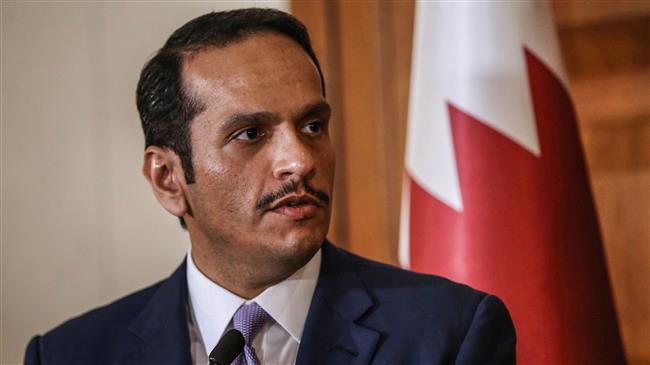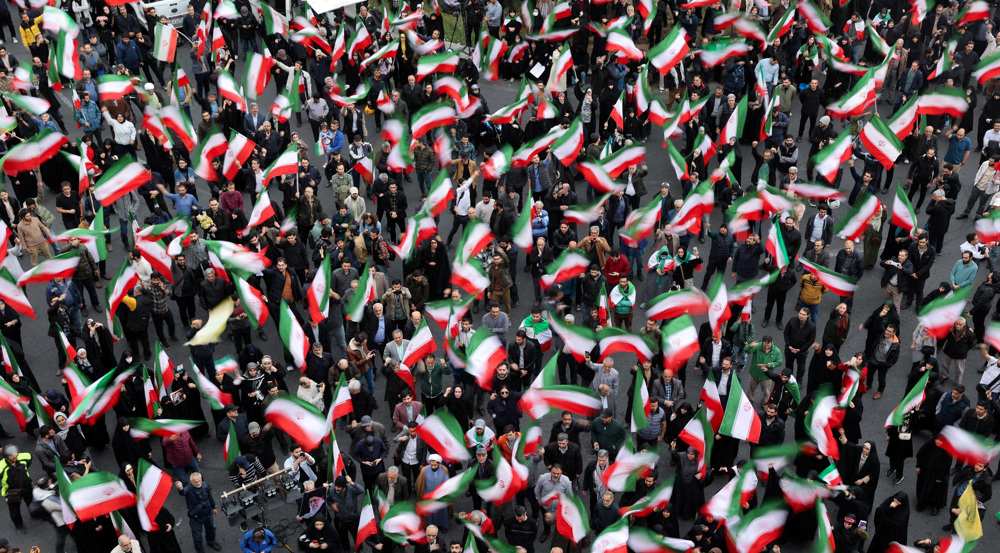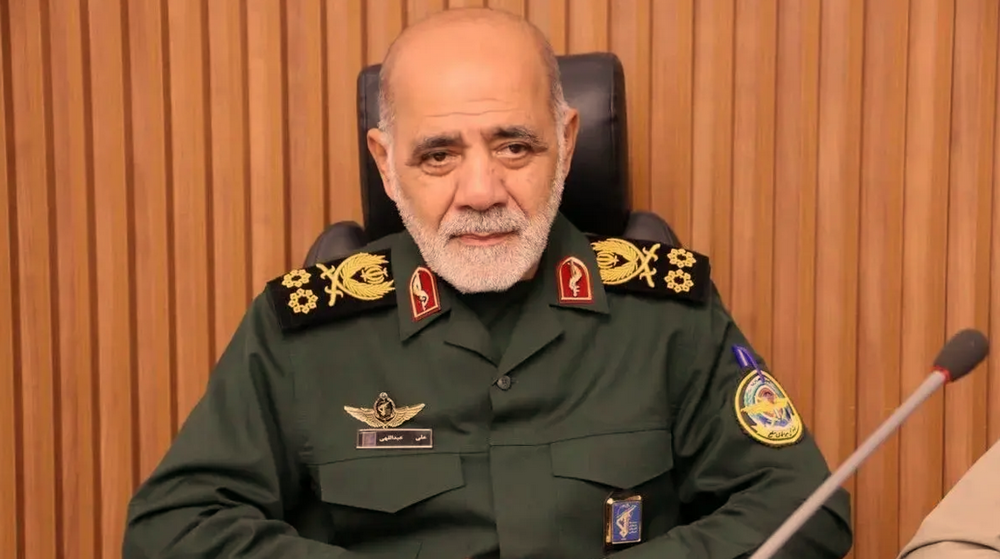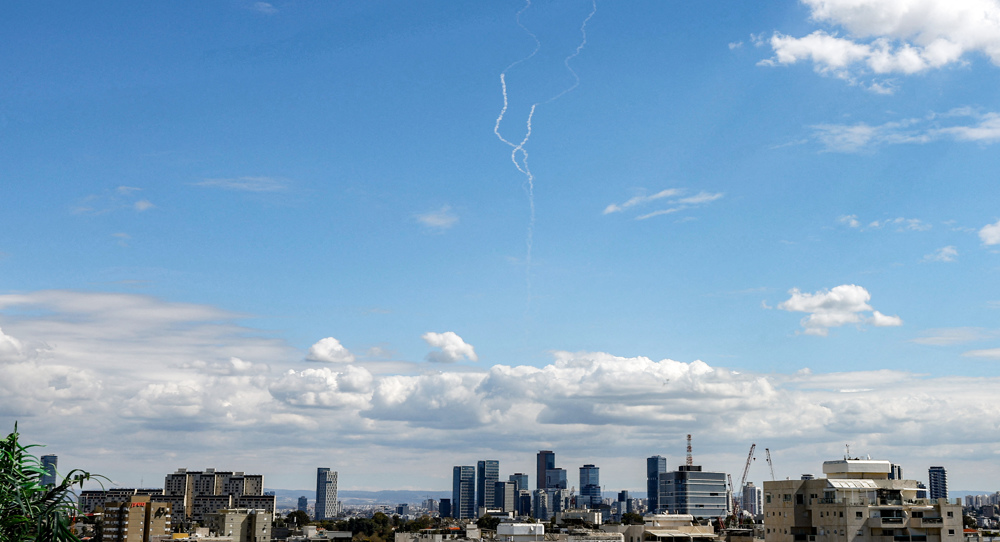Iran, US must open doors to de-escalation in row: Qatar FM
Qatari Foreign Minister Sheikh Mohammed bin Abdulrahman al-Thani warns that rising tensions between Iran and the United States will be detrimental to all countries in the Middle East, urging both sides to meet and find a compromise to de-escalate their row.
"What we are trying to do is really to bridge the gap and create a conversation between the two parties as escalation is not going to benefit anyone in the region," al-Thani told reporters in London on Sunday.
He added that Qatar and other countries have been in talks with both Tehran and Washington about the de-escalation and said, "We believe that at one point there should [be] an engagement – it cannot last forever like this."
“Since they are not willing to engage in further escalation, they should come up with ideas that open the doors,” the top Qatari diplomat emphasized.
He said several countries, including Qatar, Oman, Iraq and Japan, have been urging de-escalation with Iran and the US, adding, "All these countries are concerned what escalation could lead to."
"There were attempts by Qatar and by other countries in the region to de-escalate the situation: we have been speaking to the US and we have been talking to the Iranians as well," Sheikh Mohammed pointed out.
The United States remarkably stoked tensions with Iran in May 2018 when US President Donald Trump pulled his country out of the 2015 nuclear deal, officially known as the Joint Comprehensive Plan of Action (JCPOA) reached between Tehran and six world powers, and re-imposed harsh sanctions against the Islamic Republic in defiance of global criticisms.
The tensions saw a sharp rise on the first anniversary of Washington’s exit from the deal as the US moved to ratchet up the pressure on Iran by tightening its oil sanctions and building up its military presence in the region.
In early May, the Trump administration beefed up the US military presence in the Persian Gulf, citing alleged and unspecified threats posed by the Islamic Republic to American troops and interests.
The US’s recent deployment of an aircraft carrier, B-52 bombers and Patriot missiles to the Middle East raised fears that the Trump administration was contemplating military aggression against Iran.
Later that month, however, Trump toned down his highly belligerent rhetoric against Iran and repeated, on several occasions, an offer of talks to Tehran.
Iran has said it would not initiate any conflict with any party, but would defend itself against any aggression.
Tehran also says it will not engage in negotiations with the US as long as Washington refuses to abandon its pressure campaign against the Iranian nation and return to the Iran deal.
Iran's Foreign Minister Mohammad Javad Zarif on Monday lashed out at US “economic terrorism” against the "innocent" Iranian people, saying war and talks will never go together.
On his official Twitter page, Zarif posted a video showing a "little boy whose heartbroken mother can't get him prosthetic legs as he grows" and emphasized that innocent civilians are being targeted by sanctions and economic terrorism applied to Iran by the United States.
Zarif's post came a day after US Secretary of State Mike Pompeo said Washington is keen to hold negotiations with Iran "with no preconditions" amid the intensification of tensions between the two countries.
Read more:
- Iran not after tension with big powers but will firmly respond to any ‘foolish’ act: Rouhani
- Tokyo says Japan’s Abe due in Iran next week amid US provocations
- Contrary to Pompeo's claim, Iran's missiles not for delivering nukes: FM Zarif
- Negotiation with US ‘total loss’: Ayatollah Khamenei
- Non-aggression pact can boost confidence in Mideast: Iran
IRGC launches new wave of retaliatory missile strikes on US bases across region
VIDEO | Iranian flotilla returns after BRICS naval drill in S Africa
Iran FM says school massacre in latest Israeli aggression ‘will not go unanswered’
Iran’s retaliatory attack completely destroys sophisticated US radar system in Qatar
US-Israeli aggression violates UN Charter; Iran will defend homeland: Foreign Ministry
US-Israeli 'regime change' project in Iran 'impossible mission': FM Araghchi
IRGC Navy pounds US MST ship with a volley of missiles after Israeli-US aggression
Iran’s retaliatory attacks will continue uninterruptedly: Senior commander












 This makes it easy to access the Press TV website
This makes it easy to access the Press TV website